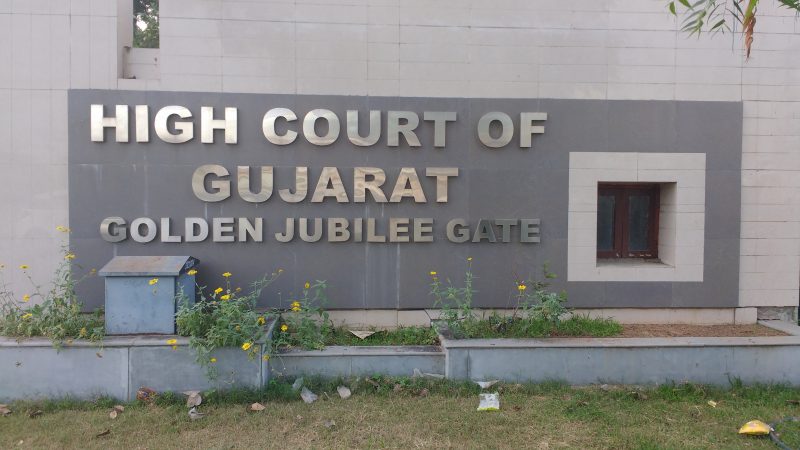


The Supreme Court of India recently rendered its verdict in the case of Rajkot Municipal Corporation vs. State of Gujarat and Others, a matter that revolved around the contentious issue of property tax liabilities between the municipal authorities and a subsequent property owner. The appeal, registered as Civil Appeal No. 7873 of 2024, challenged a decision by the Gujarat High Court, which had ruled in favor of Avenue Supermarts Limited (Respondent No. 2), a major commercial property owner.
The core issue in this case pertained to a demand raised by the Rajkot Municipal Corporation (Appellant-Corporation) for the payment of property tax amounting to ₹2,97,02,324, along with outstanding arrears, against Avenue Supermarts Limited. This demand included tax dues from prior assessment years (AYs), before Avenue Supermarts Limited acquired ownership of the property on September 3, 2015.
The property in question, a commercial complex known as Shivlink-IV, was initially owned by M/s Platinum Associates and leased to Reliance Communications Limited (Respondent No. 3). Over time, ownership changed hands, eventually being sold to Avenue Supermarts Limited. The Appellant-Corporation sought to recover the unpaid property taxes from Avenue Supermarts Limited, despite the fact that these dues accrued before the company’s ownership commenced.
The Gujarat High Court had ruled that Avenue Supermarts Limited could not be held liable for property tax arrears that accrued before it took ownership of the property. The court ordered the Rajkot Municipal Corporation to retain a portion of the tax (₹14,85,000) for the period post-September 3, 2015, and to refund the remainder, along with interest, to Avenue Supermarts Limited.
The Rajkot Municipal Corporation challenged this ruling in the Supreme Court, arguing that the High Court’s decision contradicted Sections 139 and 140 of the Gujarat Provincial Municipal Corporation Act, 1949 (GPMC Act 1949). These sections empower the municipal commissioner to recover outstanding property tax dues from the occupier when the person primarily liable has defaulted on payment.
However, the Supreme Court upheld the High Court’s decision, noting that:
The Supreme Court concluded its judgment with the following statement:
"In light of the aforesaid discussion, we do not find any ground to interfere with the Impugned Order dated 07.07.2016 passed by the High Court. The appeal is, therefore, dismissed."
This decision reinforces the principle that tax liabilities should be appropriately assigned based on ownership and the timeline of possession. The Supreme Court’s ruling underscores the importance of fair and lawful recovery practices by municipal corporations, ensuring that new property owners are not unjustly burdened with the debts of their predecessors. The dismissal of the appeal by the Supreme Court brings closure to this long-standing dispute and provides clarity on the application of property tax laws in similar cases.
TAGS: Rajkot Municipal Corporation Supreme Court of India Gujarat High Court Property tax dispute Civil Appeal Avenue Supermarts Gujarat Provincial Municipal Corporation Act 1949